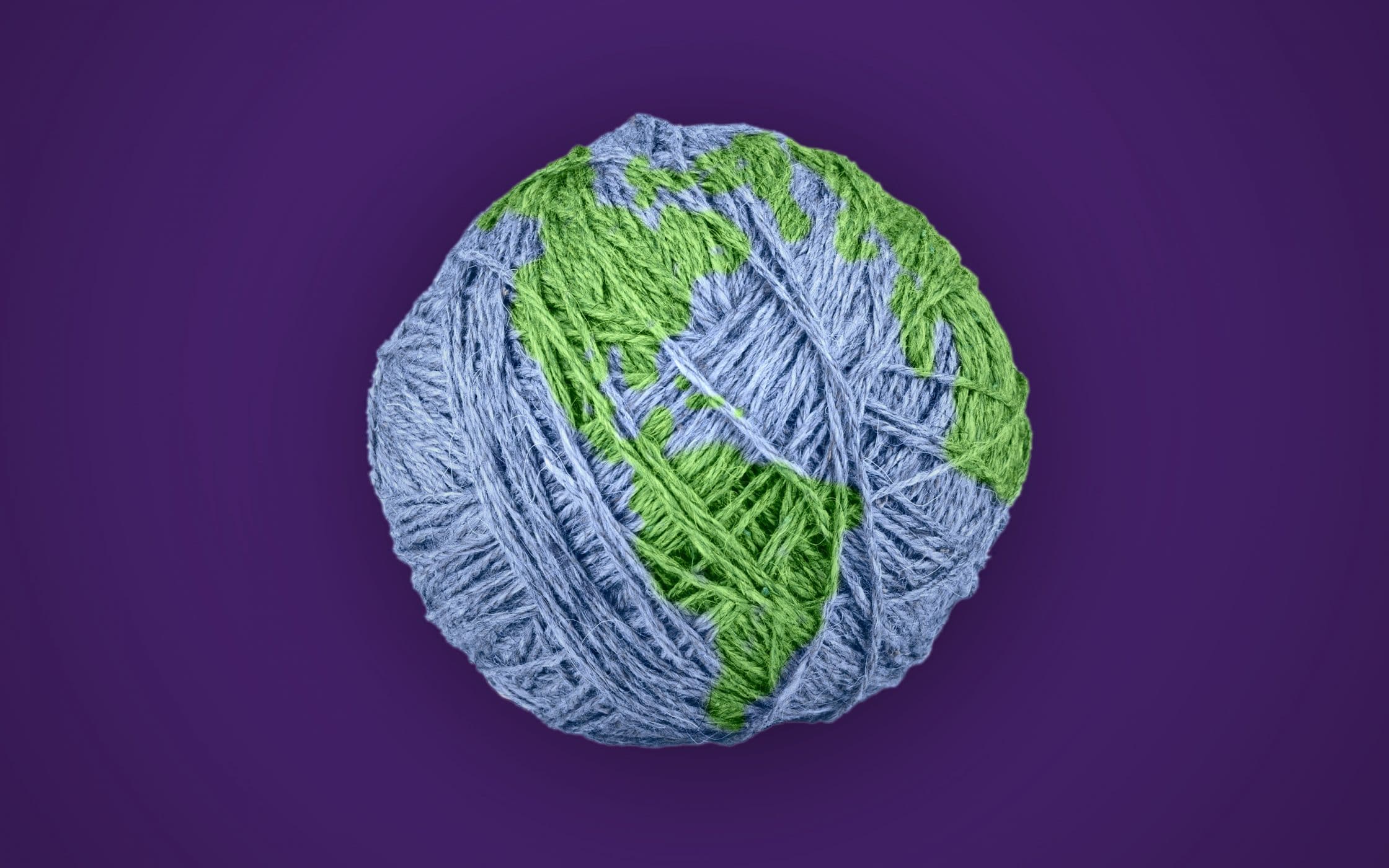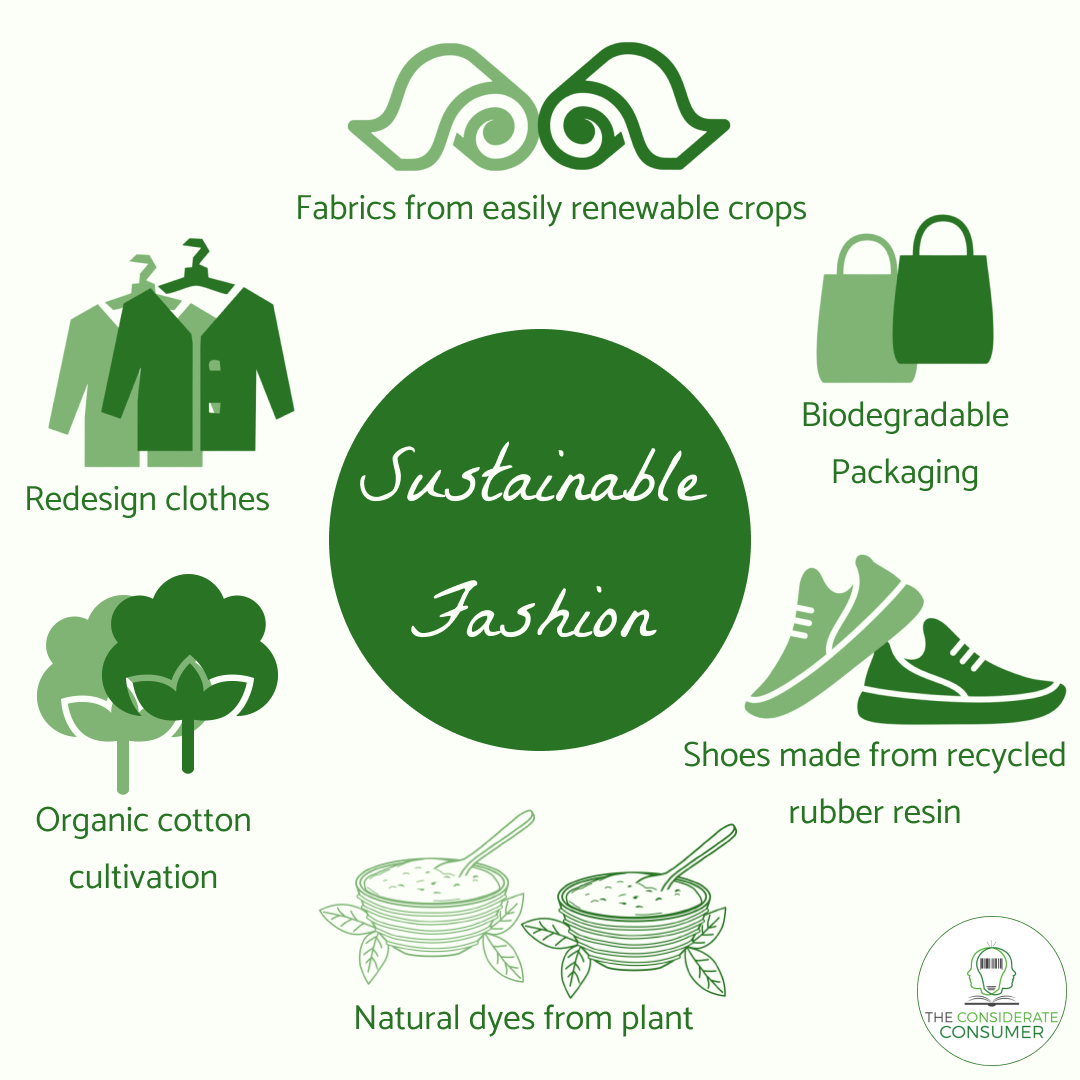How Cape Town Sustainable Fashion is Shaping Eco-Conscious Buying
Stay Ahead of the Curve by Checking Out Innovative Fashion Fads
In an industry as vibrant as style, remaining ahead includes greater than simply adhering to existing patterns-- it demands an exploration of technology. Smart textiles, for example, are transforming garments right into functional masterpieces, while 3D printing is transforming design processes with its adjustable, waste-reducing capabilities. As sustainability becomes a foundation, innovations like environment-friendly products and circular style techniques are improving ecological duty - Cape Town Sustainable Fashion. Furthermore, the merging of modern technology and fashion heralds a new age of consumer involvement. Exactly how, after that, can these emerging trends redefine the future of fashion, and what effects do they hold for brand names seeking to thrive in this advancing landscape?

Welcoming Smart Textiles
Recently, the fashion business has seen a transformative shift with the assimilation of wise fabrics, a cutting-edge development that mixes technology with fabric. This development stands for not only a combination of aesthetics and functionality yet also a considerable leap in the direction of sustainability and personalization in vogue. Smart textiles, also referred to as e-textiles, embed advanced electronics such as sensing units and conductive threads within the material, allowing garments to engage with the user or the atmosphere.
These fabrics are designed to monitor physical parameters, such as heart rate or body temperature, providing real-time health analytics. Beyond wellness applications, wise textiles are likewise being made use of for flexible garments, which can alter shade or pattern in reaction to environmental stimulations, therefore supplying a dynamic style experience.
Additionally, the growth of energy-harvesting textiles that create power from motion or sunlight is leading the way for self-sufficient wearable innovation. This innovation is appealing to eco aware consumers and developers aiming to lower the eco-friendly footprint of style. As research study and development in this field advancement, clever fabrics are expected to become progressively widespread, improving the landscape of modern fashion with their multifunctional capabilities.
The Surge of 3D Printing
Transforming the manufacturing landscape, 3D printing has arised as a game-changer in the garment industry. This innovative modern technology has made it possible for designers to push the boundaries of imagination, producing detailed and customized garments that were previously unimaginable. By leveraging digital design and additive manufacturing, 3D printing assists in the creation of complicated geometries and patterns, allowing developers to try out brand-new textures and frameworks.
A significant advantage of 3D printing in fashion is its ability to generate on-demand, reducing waste and lowering inventory requirements. This effectiveness not just optimizes production procedures however additionally permits fast prototyping, making it possible for developers to bring their visions to life in a much shorter duration. Additionally, 3D printing supports personalization to a level unparalleled by standard methods, using tailored fits and unique styles customized to private customer choices.
The increase of 3D printing has likewise equalized style, making it obtainable to emerging developers that can currently make premium items without significant economic investment in conventional manufacturing infrastructure. As technology remains to advancement, the apparel industry is positioned to harness the complete possibility of 3D printing, exploring new materials and strategies that will definitely redefine how style is developed and created.
Lasting Fashion Innovations
As the style sector comes to grips with the pressing need for ecological duty, sustainable fashion innovations have actually emerged at the leading edge of transformative adjustment. The growing understanding of environmental effect has fueled a change in the direction of more eco-conscious methods and products. Designers and brand names are currently focusing on sustainability, integrating techniques that lessen waste and minimize carbon footprints.
One significant advancement is the surge of round fashion, which highlights recycling and upcycling to expand the lifecycle of garments. This method not only minimizes waste but likewise motivates consumers to take on a more mindful technique to garments intake.
Another development exists in the fostering of cutting-edge dyeing techniques that use waterless procedures or all-natural dyes, therefore decreasing the vast amounts of water and chemicals generally used in fabric dyeing. Furthermore, developments in biotechnology have actually caused the development of lab-grown natural leather and textiles, offering cruelty-free and environmentally pleasant alternatives to traditional products. Through these pioneering efforts, the garment industry is making meaningful strides towards an this link extra lasting future.

Tech-Integrated Apparel
Tech-integrated apparel represents an innovative fusion of style and innovation, improving how people engage with their clothing. This ingenious domain is noted by the inclusion of wise fabrics and embedded electronic components, enhancing both performance and visual charm. From fitness trackers installed in sports apparel to warmed coats managed by means of smart device apps, tech-integrated clothing supplies consumers extraordinary ease and adaptability.
Pioneering brands are driving this pattern, concentrating on developing garments that reply to ecological stimulations or customer commands. As an example, some garments can transform shade or pattern in action to temperature changes, while others include biometric sensing units to keep track of wellness metrics like heart price or anxiety levels. The seamless assimilation of innovation into fabrics additionally encompasses ecological sustainability, with efforts to develop self-cleaning fabrics or garments that change to climate condition, hence lessening the requirement for multiple layers.
In addition, the introduction of wearable technology is not simply limited to clothing but encompasses devices like watches and eyewear, more widening the extent of tech-integrated fashion. As the industry remains to introduce, the potential for customization and personalization in apparel expands, providing customers one-of-a-kind, tech-enhanced style experiences that accommodate their individual requirements and choices.
Future of Virtual Style
In the last few years, the future of virtual style has become a transformative pressure within the industry, leveraging innovations in digital modern technology to redefine just how fashion is developed, experienced, and taken in. By incorporating increased truth (AR), digital reality (VIRTUAL REALITY), and 3D design devices, designers can currently craft immersive and interactive experiences that transcend conventional style boundaries. Online style permits for the creation of garments that exist exclusively in digital atmospheres, using limitless opportunities for development without the constraints of physical manufacturing.
This electronic change not only provides possibilities for imaginative expression yet also addresses sustainability issues intrinsic in typical style techniques. Cape Town Sustainable Fashion. By eliminating the requirement for straight from the source physical sources, digital fashion lowers waste and minimizes carbon footprints. In addition, the surge of online fashion aligns with the raising consumer demand for unique and individualized experiences, as digital garments can be tailored and customized to private choices easily

Conclusion
The garment industry's future lies in the assimilation of lasting practices and cutting-edge technologies - Cape Town Sustainable Fashion. Smart textiles and tech-integrated clothing are enhancing capability, while 3D printing offers opportunities for personalization and waste reduction. Lasting style, via environmentally friendly products and circular techniques, demonstrates a commitment to ecological stewardship. Moreover, virtual fashion is positioned to redefine customer interactions. Adapting to these patterns is essential for brand names seeking to stay competitive and pertinent in this quickly evolving landscape.
In current years, the fashion market has actually observed a transformative change with the assimilation of smart textiles, a sophisticated development that mixes innovation with material.As the style sector grapples with the pushing demand for environmental obligation, lasting style developments have actually emerged at the center of transformative change.In current years, the future of online fashion has emerged as a transformative force within the her explanation sector, leveraging advancements in digital technology to redefine exactly how fashion is created, experienced, and consumed. The rise of digital fashion aligns with the increasing customer need for customized and distinct experiences, as virtual garments can be customized and customized to specific preferences with convenience.
The style industry's future lies in the integration of cutting-edge innovations and sustainable techniques.